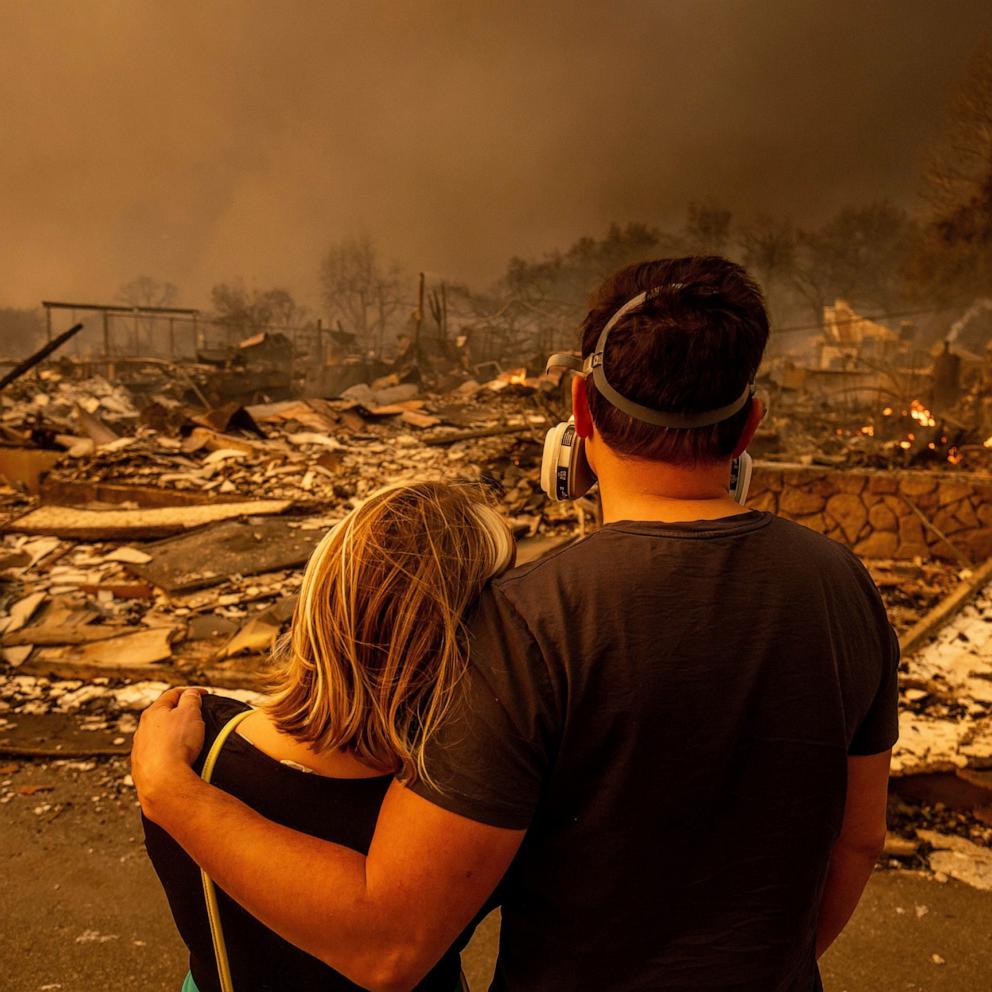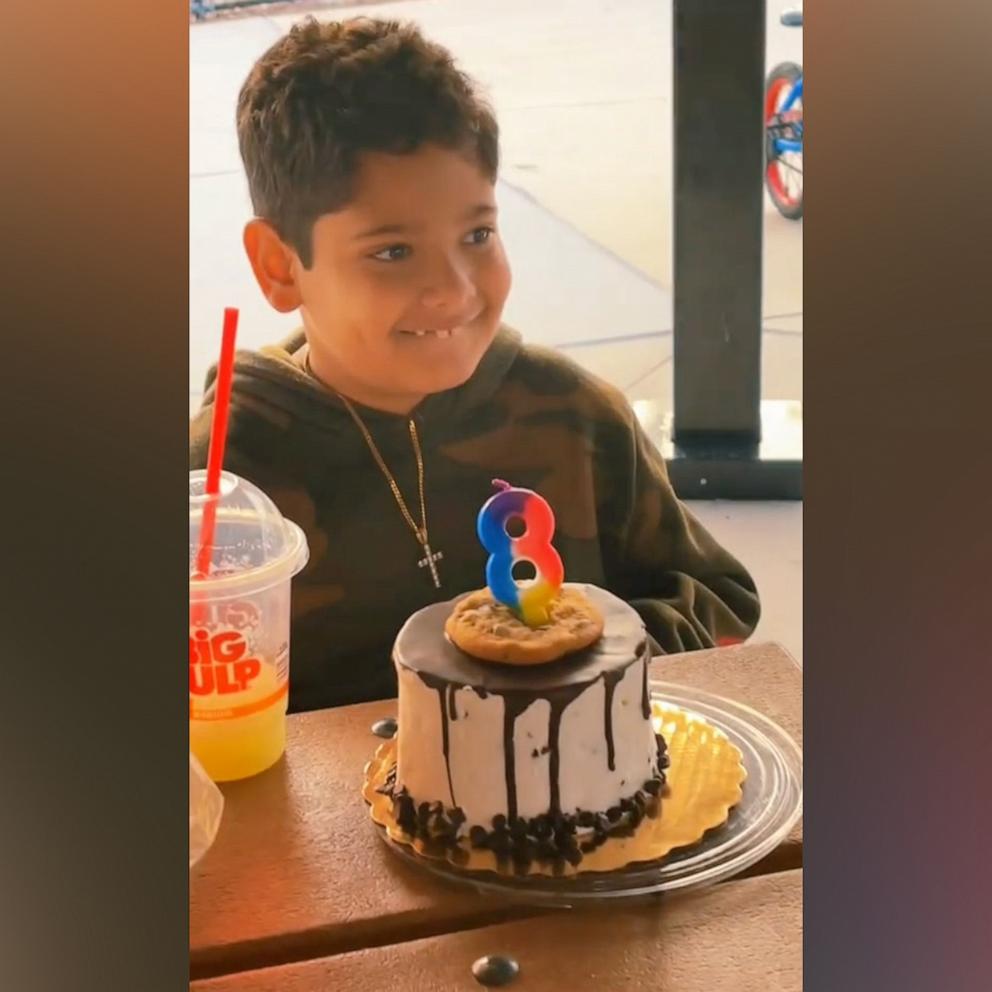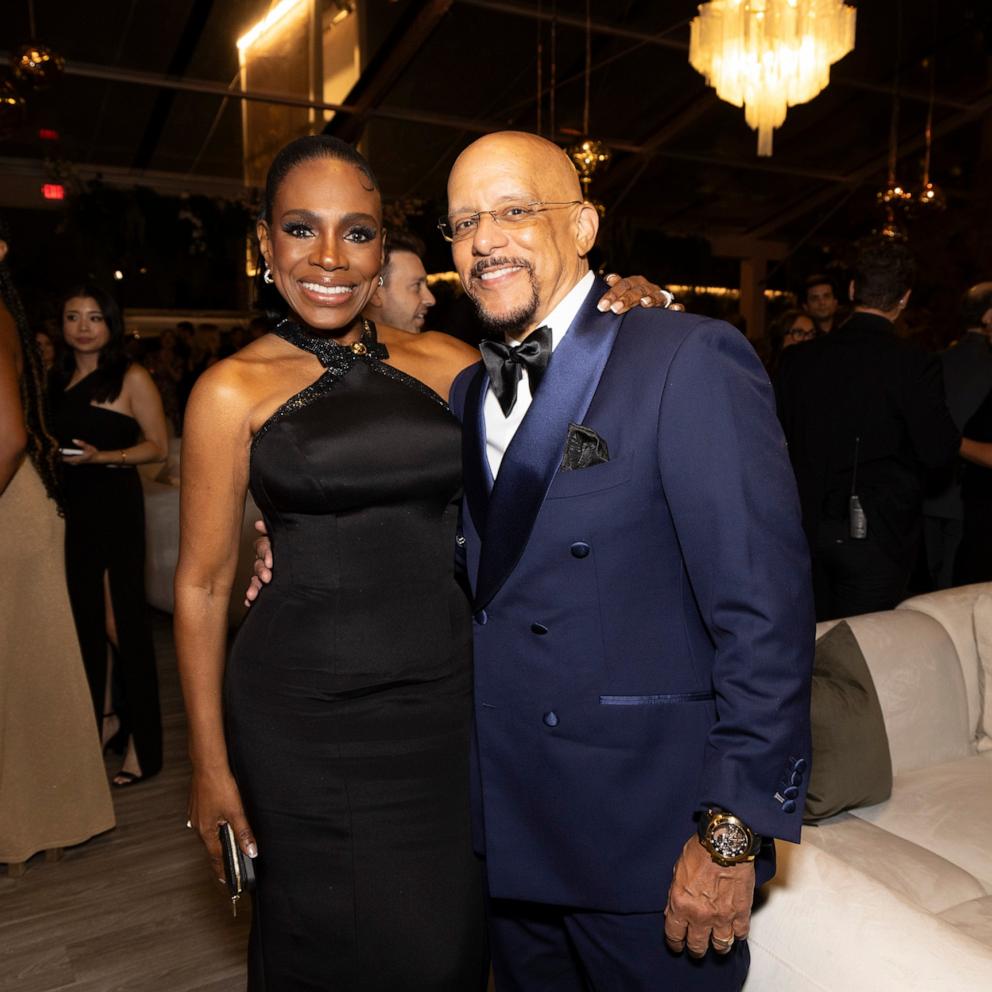2nd-largest school district votes to ban cellphones and social media for students
The nation's second-largest school district has voted to ban cellphone and social media use for over 429,000 K-12 students during school days.
The Los Angeles Unified School District board passed the ban by a vote of 5 to 2 on Tuesday morning, one day after U.S. Surgeon General Dr. Vivek H. Murthy called for an immediate warning label on social media platforms in a New York Times op-ed, similar to warnings on cigarette packs mandated by Congress in the 1960s.
Jessica Quindel, a math teacher at Venice High School in the district, spoke prior to the vote and called for the proposal to pass. Quindel described the daily management of students’ use of smart cellphones as an "uphill battle" and said teachers struggled to keep the "culture" of student cellphone use under control.
"Managing student use of smartphones as a classroom teacher is now more like running a nonstop marathon. It takes a lot of energy and it’s really hard to keep up," Quindel said.

The school district will now have to develop and present updated cellphone and social media policies within 120 days, or by the fall semester, that would forbid students by the spring semester of the 2024-2025 school year from using cellphones and social media platforms during the school day. LAUSD cited possible tactics like locked pouches, cellphone lockers or technological means and promised the policies would be "informed by best practices and by input from experts in the field, labor partners, staff, students, and parents."
The updated policy change would also take into consideration students who use cellphones for translation and evaluate social media use for youth.
Medical experts have joined the chorus of parents, teachers and administrators raising alarm bells in recent years about social media's negative effects on children and adolescents.

"The mental health crisis among young people is an emergency -- and social media has emerged as an important contributor," Murthy wrote in his op-ed Monday, adding that teens face higher risks of anxiety and depression and had reported spending an average of nearly five hours a day on social media last summer.
Speaking with "GMA3" on Tuesday, Murthy said the proposed warning label cited in his op-ed, which would need to be approved by Congress, would be a digital label that would appear regularly when using social media.
"The exact design of it, the frequency with which it appears -- that would all be determined in a scientific testing process that we would undergo after Congress authorized the label," Murthy said. "That's what we do with tobacco and alcohol labels, and the good news about labels is that we thankfully know from experience that these labels actually do work. In the case of tobacco labels, they are effective in increasing awareness and in changing behavior."
LAUSD is not the first district to pass a cellphone ban for students. Others like the Manchester Public School District in Connecticut already require students to lock cellphones in secure pouches before they are allowed to get them back at the end of the school day.
In addition to school districts, lawmakers across the country have been considering how to address the mental health of youth. Legislators in New York, for instance, passed a bill earlier this month that would halt social media platforms from showing suggested posts to users under 18.
This article was updated to note the Los Angeles Unified School District voted to pass the cellphone and social media ban.







